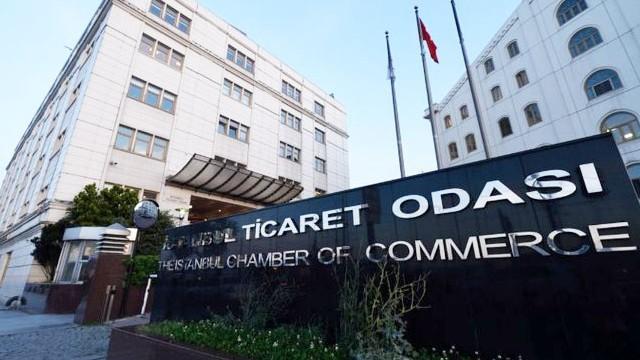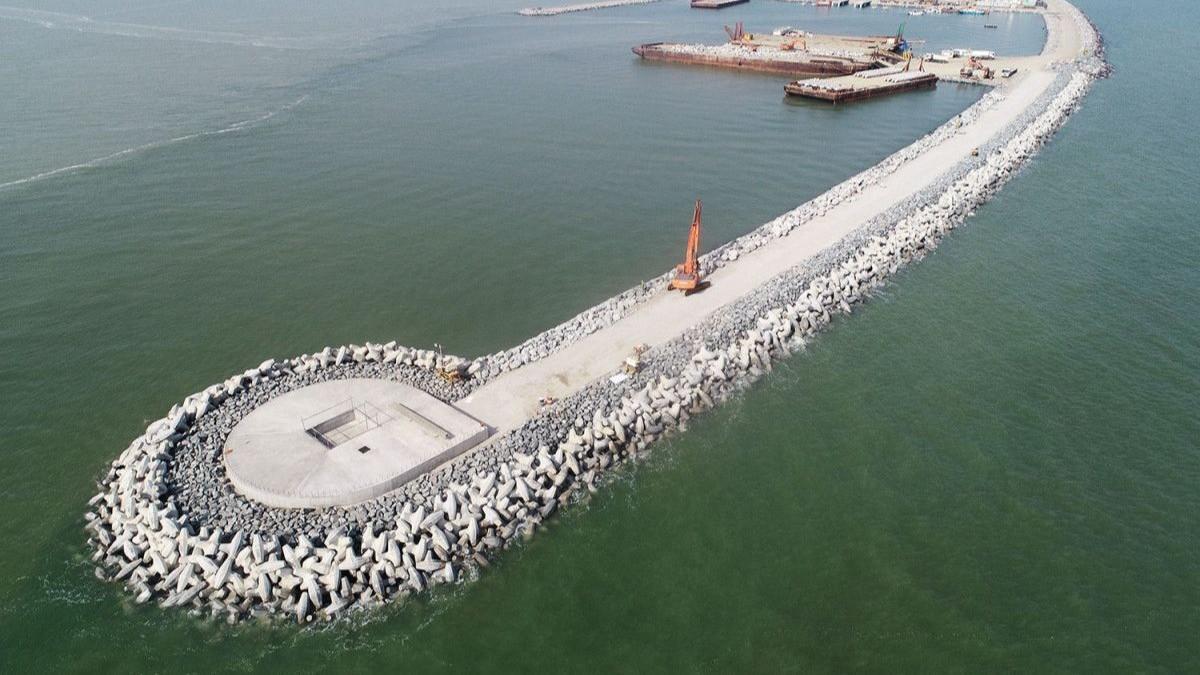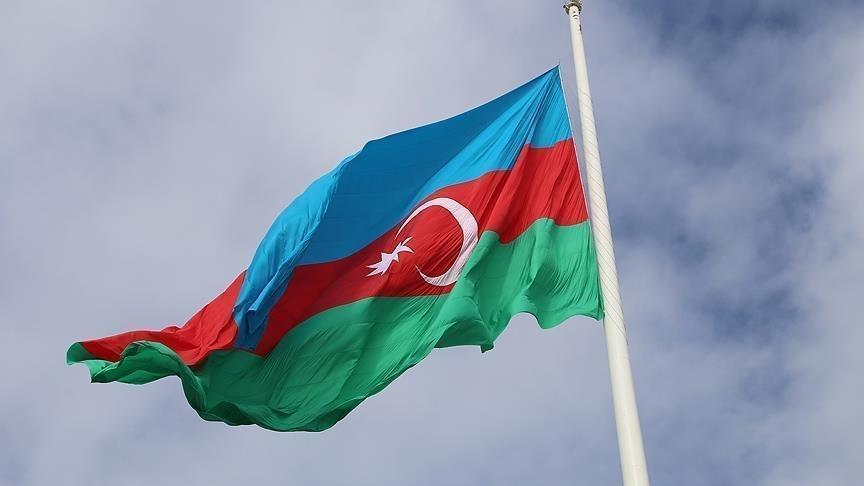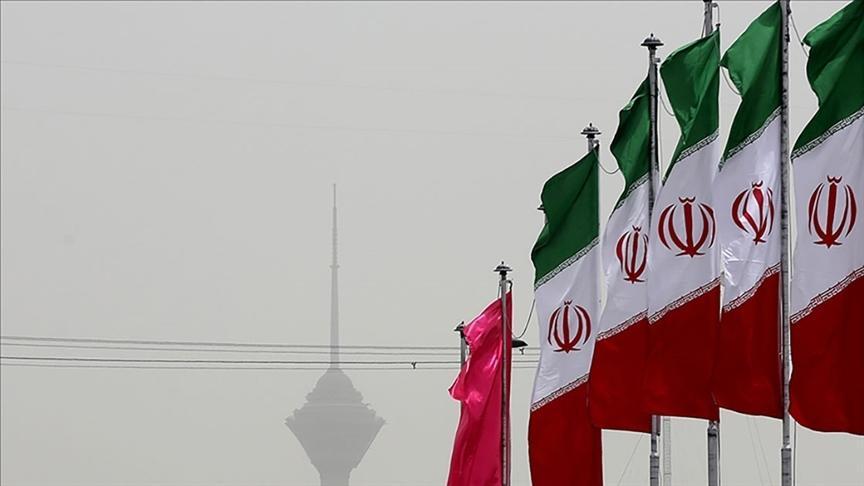Democracy without freedoms
The June 2015 election was a demonstration of the functioning of democratic governance in the country.
After all those years since the November 2002 election that brought the Justice and Development Party (AKP) to power, none of the parties managed to get sufficient majority to form a one-party government.
Thus, it was hoped that the country highly polarized with 13-year majoritarian rule of the AKP might achieve a soft landing back to a pluralist governance understanding required by democratic governance.
There was an allergy in the country to coalition governments particularly because of the last late Bülent Ecevit-led three-way one that landed the country in the 2001-2002 financial crisis. Probably if Nationalist Movement Party (MHP) leader, then deputy premier, Devlet Bahçeli has not called for an early election in November 2002 and elections were to be held as scheduled in the summer of 2003, economy might have improved and the political climate would not have allowed an AKP experience. Naturally, Bahçeli could not be held responsible for anything as he could not know what his call for an early election might land the country in.
After the June election, however, the stubborn opposition of the MHP leader to any government formula, including one under his leadership, that would include besides the Republican People’s Party (CHP), the Peoples’ Democratic Party (HDP) – considered as the political extension of the outlawed Kurdistan Workers’ Party (PKK) separatist gang – killed all non-AKP coalition prospects. The AKP spent most of the 45-day period the president ought to wait before calling for election renewal, thus the country went to the November 2015 polls from which the AKP emerged re-consolidated, capable of forming the government alone. In between the June and November elections, the nation was unfortunately held hostage by rampant terrorism and total insecurity and instability. Was the AKP victory a product of Turks rediscovering the importance of security and opting for security and stability at the expense of democratic rights? In any case, Bahçeli was the biggest contributor to the AKP victory in the November 2015 vote.
Since the 2015 vote polarization and tension politics tactics consolidated in the country at the expense of democratic rights, liberties, individual rights, particularly the freedom of expression and freedom of media. Today, Turkey’s most prominent problem might be the awful situation of the Turkish media and the almost absence of media outlets capable and courageous enough to criticize the government or the president. If in democracies there is an expectation of having a “government of the people, by the people, for the people” and if direct governance by the people was long replaced by the principle of “governance by the people through its elected representatives” how should those representatives be elected? Obviously through the “informed vote” of the public. How could the public be informed? Through media that provides the democratic society with news on good and bad accomplishments, intellectual discussions, comments and analysis supportive and critical of the political actors. If a nation is constantly bombarded with propaganda and news appreciated by the political power but the opposition is either totally shunned or constantly ridiculed, can it be possible to have an “informed choice” by the people in any election? If there is an absence of “informed choice,” can that regime be called a democracy? That is why freedom of expression has always been considered the backbone of democratic governance.
The role Bahçeli played, at the expense of dividing his MHP, in the constitutional amendment package must be evaluated after the April 16 vote. What is certain at this point is that without Bahçeli’s existentially important support for the aspirations of the super president have not come onto Turkey’s agenda. Bahçeli has become so vociferous in his support for the presidential governance that he declared his readiness to accompany President Recep Tayyip Erdoğan should he decides to shun German objections and organize a rally in Germany…
European obstructions to AKP’s propaganda moves within some EU countries are unacceptable and definitely incompatible with democracy… But, what about the situation at home? The April 16 vote is of crucial importance for Turkey’s future. Turks at home and abroad are under one-sided propaganda bombardment and opponents do not have a secure atmosphere in the country to explain their objections, while there is also no “equal chance” between the “yes” and “no” campaigners on TV screens.
Forget having a just vote, can there be democracy without freedom of expression?











